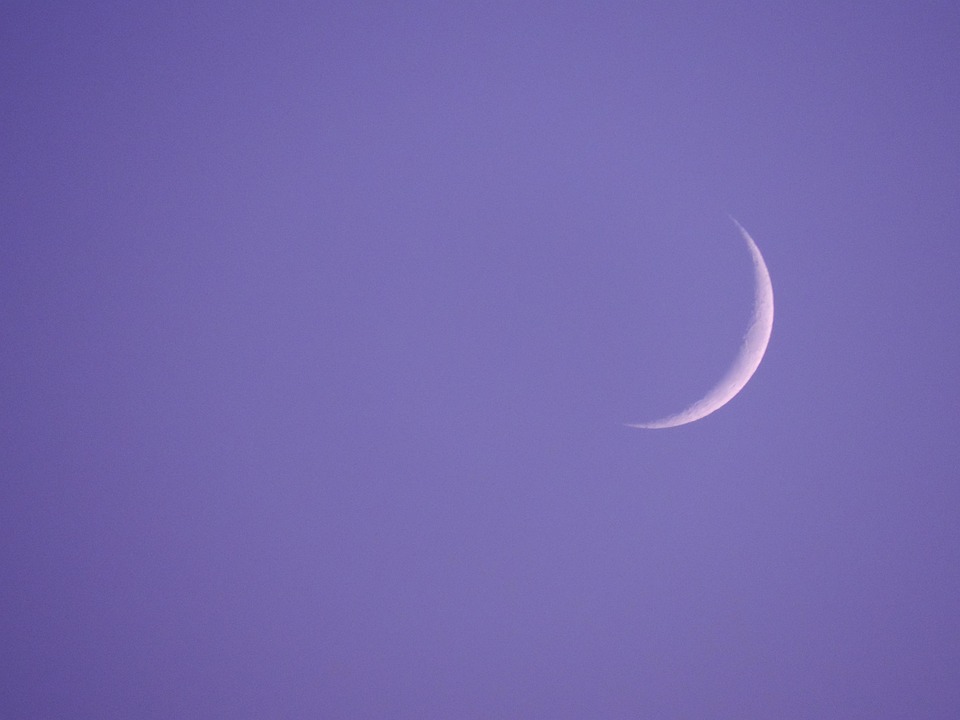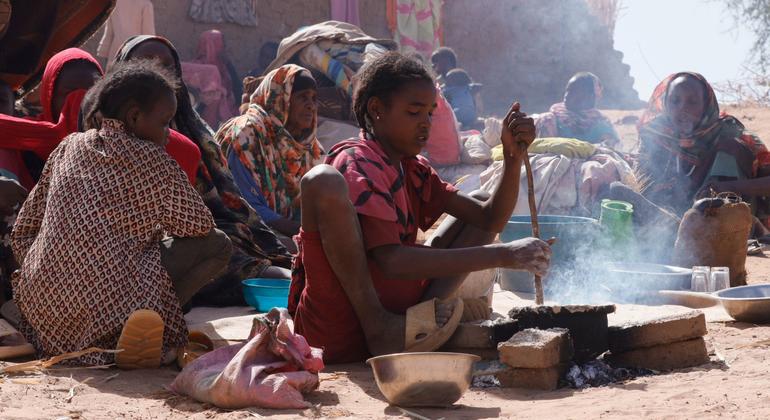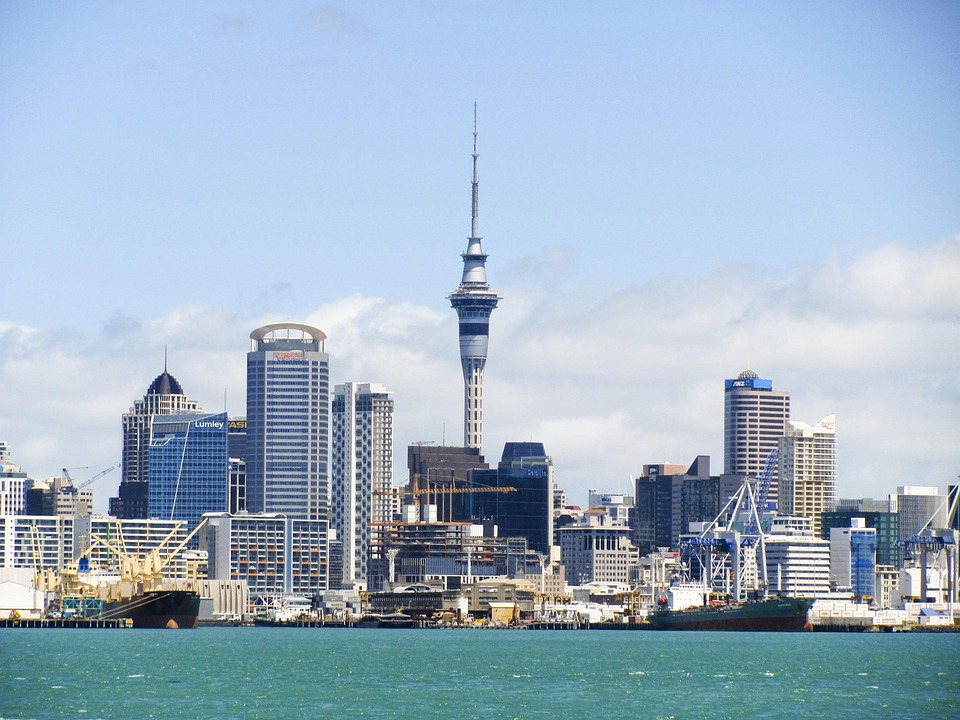The exploits of the longtime established space nations-in particular the United States-can still dominate major titles, but countries as diverse as Zimbabwe, Honduras and Malta signal their intention to take advantage of the advantages of activities related to space.
These small states, and many others, ask belonging to the United Nations organization which helps to shape internationally agreed rules on the peaceful use of space and to avoid a new “Wild West” free for everything, which could potentially lead to conflicts.
Why the countries turn to the sky
What attracts countries like Côte d’Ivoire, Gambia and Maldives to space? Although their motivations are varied, the advantages of space quickly become obvious to everyone. Spatial technologies allow access to critical data and services that support climate resilience, response to disasters and sustainable development. In the development states of small islands, for example, satellite data help monitor the level of sea level and improve early alert systems for hurricanes and floods.
In Ghana And TongaTHE United Nations Office for External Space Affairs (UNOOSA) recently helped develop capital “digital twins” using satellite and AI data. These virtual models can simulate flood scenarios, allowing governments to identify vulnerable infrastructure, strengthen emergency intervention plans and react more effectively when disasters strike.
Many actors in emerging space face significant obstacles, including high technical and financial obstacles, as well as underdeveloped national regulations and legal frameworks. Unoosa helps to fill these shortcomings by advising national space legislation and helping the countries to sail Space treaty and the Registration congresswhich aims to provide a precise image of all the objects launched in space.
Three storms active in the South Pacific – Image of the NASA earth observatory (February 2025)
THE Access to space for all programsFor example, helps non -spatial nations to launch useful charges, carry out experiences and access the data from space missions. Kenya, Mauritius, Guatemala and Moldova have all successfully launched their first satellite in partnership with the Kibocube JAXA / UNOOSA programWho collaborates with teams from developing countries to deploy small cubic satellites from the international space station.
Unoosa Space law for new space players The project supports emerging space nations to develop robust legal and political frameworks for outdoor space activities, and the Space4Women The initiative developed the Gender temporary tool box for the space sector To help organizations engage in equity in sex, to promote equal opportunities, to empower women and girls through dedicated programming and to follow measurable progress. Another flagship initiative, Unadderoffers capacity building specializing in the use of space applications for disaster risk reduction and emergency response.
The Maldives archipelago – Images of the Nasa Terre Observatory
Originally published at Almouwatin.com








